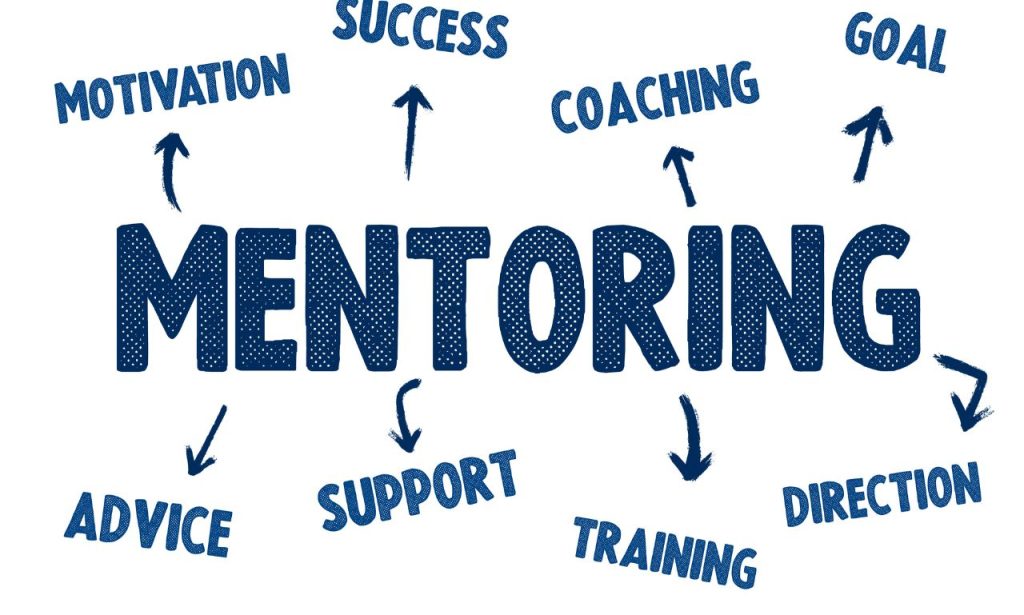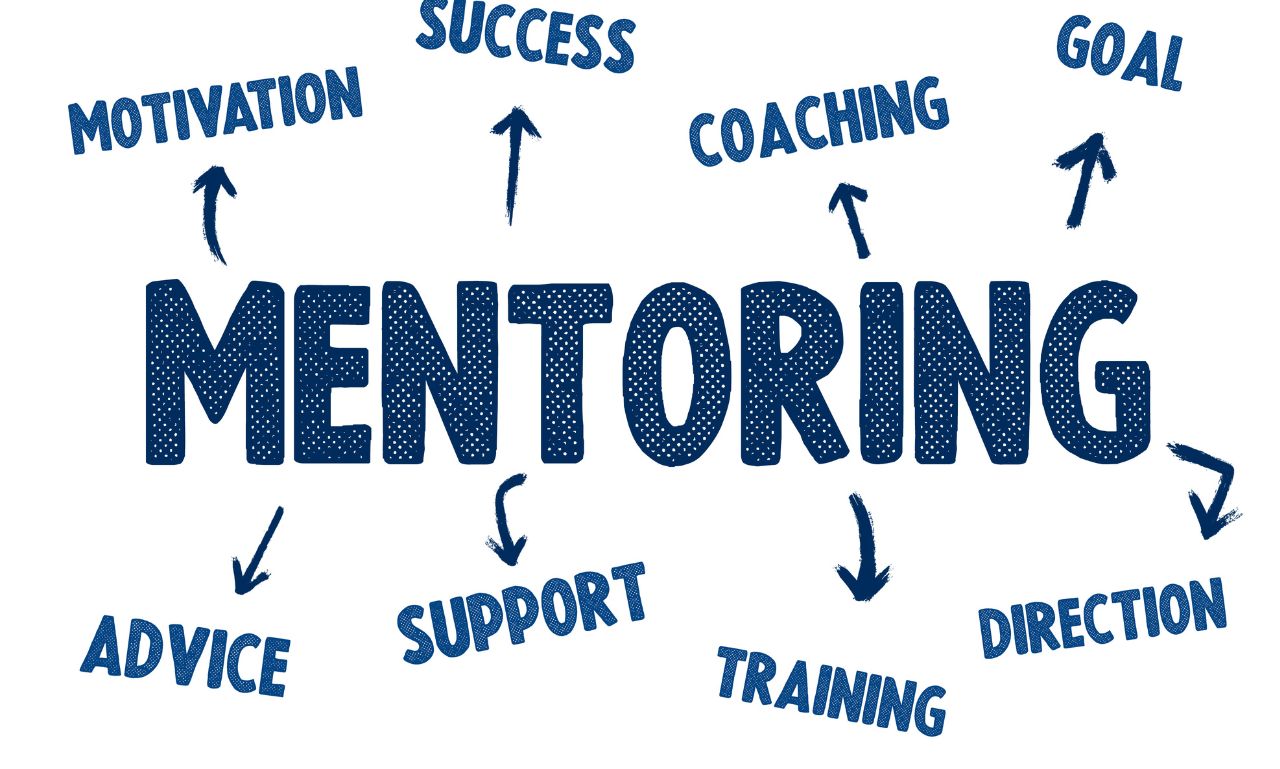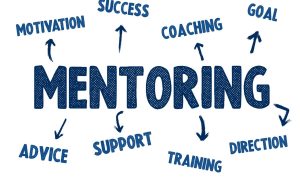Think back to the last time someone gave you a piece of advice that changed the way you viewed yourself. It could be a teacher telling you that your writing has potential, or a manager showing you a better way to lead a team—that’s mentorship in action.
Mentorship is not just about passing along wisdom. It’s about shaping confidence, sharpening skills, and pushing someone to see what they can’t yet see. Research from the American Society for Training and Development indicates that 75% of executives attribute their success to the guidance of mentors. That tells us something important: growth doesn’t happen in isolation. It’s guided, challenged, and nurtured by others.
So, what is the role of mentorship in personal growth? Let’s break it down in detail.
Fostering Self-Awareness and Self-Efficacy
Every growth journey starts with self-awareness. A mentor holds up a mirror, not to point out flaws, but to reveal blind spots and untapped strengths. Many professionals recall pivotal conversations where a mentor helped them recognize skills they didn’t even know they had.
Self-efficacy—the belief in one’s ability to succeed—follows closely behind. When a mentor provides encouragement or shares their own struggles, mentees begin to trust their own capacity to overcome challenges. This ripple effect is powerful: increased self-belief translates into improved performance, risk-taking, and resilience in the face of setbacks.
Cultivating a Growth Mindset and Resilience

Carol Dweck’s research on growth mindset makes one thing clear: believing that abilities can be developed changes everything. Mentors play a crucial role in reinforcing this. They remind mentees that failure is not an endpoint but a lesson.
Take Thomas Edison’s countless attempts at inventing the light bulb. His famous remark about finding “10,000 ways that won’t work” perfectly embodies the concept of resilience. A mentor instills this same perspective. They help mentees see that each misstep is feedback, not final judgment. Over time, this builds a mindset geared toward continuous learning rather than fear of failure.
Enhancing Emotional Intelligence and Interpersonal Skills
Personal growth isn’t just technical—it’s emotional. A mentor can teach you how to manage conflict, regulate emotions, and read social cues in professional settings. Emotional intelligence (EQ) is often what separates high performers from average ones.
Consider a manager who mentors an ambitious young employee. Through real-world scenarios, they model empathy, active listening, and patience. The mentee learns not just what to say, but how to say it in a way that builds trust and influence. This level of interpersonal growth extends to friendships, family dynamics, and leadership roles.
Career progression is rarely linear. There are detours, false starts, and opportunities that come disguised as setbacks. A mentor helps decode these moments. They provide industry insights, introduce potential pathways, and clarify long-term goals.
For example, a junior marketer unsure about whether to specialize in SEO or brand strategy can gain clarity through conversations with an experienced mentor. By sharing their own career transitions, the mentor provides context that no job description could capture. Over time, the mentee develops a professional identity that aligns with both their skill set and purpose.
Building Leadership Skills and Influence
Leadership isn’t developed in classrooms alone—it’s practiced, refined, and modeled through mentorship. A mentor can guide mentees on how to inspire teams, handle responsibility, and make decisions under pressure.
Richard Branson once credited his success to advice from his uncle and his mother, both of whom taught him how to lead with both empathy and courage. Mentorship creates that same legacy. It’s not just about telling someone how to lead, but about giving them the confidence and space to step up when opportunities arise.
Expanding Networks and Opportunities
We’ve all heard the phrase, “It’s not what you know, it’s who you know.” Mentors embody this principle by opening doors that mentees might never access alone.
Imagine being introduced to a conference speaker, a hiring manager, or a future business partner because your mentor vouched for you. That single connection can accelerate growth far more than sending dozens of cold emails. In this way, mentorship expands networks while also teaching mentees how to nurture and sustain those relationships.
Developing Life Skills and Adaptability
Personal growth extends beyond offices and boardrooms. A mentor might teach you how to manage your time and budget effectively, or adapt to cultural differences when working abroad.
Adaptability, in particular, has become a critical life skill. During the COVID-19 pandemic, many professionals had to pivot their careers, learn new technologies, or adapt to remote work. Those with mentors often adapted faster, because they had guidance not just on what to do, but also on how to think when everything changed.
Identifying Your Growth Needs and Goals
Before mentorship can work, mentees need clarity on their goals. A mentor helps sharpen these goals. Instead of vague aspirations like “I want to be successful,” a mentor guides you toward measurable outcomes, such as “I want to become a project manager within two years.”
This process of self-reflection, facilitated by a mentor’s probing questions, allows mentees to prioritize. Growth feels less overwhelming when broken into clear, actionable steps.
Seeking Out and Engaging with a Mentor
Finding the right mentor can be challenging. It requires intentional effort. Instead of waiting for mentorship to “happen,” successful people seek it out.
Start by identifying individuals whose careers or values inspire you. Reach out respectfully, express genuine curiosity, and demonstrate commitment to growth. Remember, mentorship is not free consulting—it’s a relationship built on mutual respect and investment.
Leveraging Feedback and Taking Action
Feedback without action is wasted potential. A mentor can share insights, but it’s up to the mentee to apply them.
For instance, if a mentor suggests improving presentation skills, the mentee should practice, seek feedback again, and refine further. This iterative loop of input and action ensures continuous growth and improvement. In real life, this is how athletes, entrepreneurs, and professionals alike sharpen their craft.
Establishing Trust and Open Communication
Mentorship thrives on trust. Without it, conversations remain surface-level, and growth stalls. Building this trust requires honesty from both parties.
When mentees acknowledge their weaknesses, mentors can offer tailored support. When mentors share their failures, mentees feel less alone. This mutual vulnerability fosters a safe environment for experimentation, learning from mistakes, and pursuing bold goals.
Setting Expectations and Goals
Clear expectations prevent mentorship from drifting into casual conversations without direction. Setting timelines, defining focus areas, and agreeing on communication styles are critical.
For example, a mentor and mentee may meet monthly to discuss progress toward specific career milestones. Such a structure prevents the relationship from losing momentum and ensures accountability on both sides.
Providing and Receiving Constructive Feedback

Feedback is a two-way street. Mentors aren’t flawless, and mentees can offer valuable perspectives as well.
When mentees share how mentorship impacts them—what’s working and what’s not—it strengthens the relationship. Similarly, when mentors offer constructive criticism, it helps mentees grow beyond comfort zones. Done well, feedback fosters respect, learning, and long-term collaboration.
Conclusion
So, what is the role of mentorship in personal growth? It’s the scaffolding that allows individuals to climb higher than they could alone. Mentorship fosters self-awareness, resilience, and leadership. It expands networks, sharpens emotional intelligence, and equips people with life skills that extend beyond careers.
The beauty of mentorship is that it’s cyclical. Today’s mentee becomes tomorrow’s mentor, carrying forward lessons and adding their own. If personal growth is the journey, mentorship is the compass that keeps us on course.
FAQs
It helps individuals develop self-awareness, resilience, emotional intelligence, leadership skills, and adaptability, while guiding career and life decisions.
Look for people you respect and whose career paths align with your goals. Reach out with genuine curiosity.
Yes, mentorship enhances life skills such as adaptability, communication, and decision-making, which apply both personally and professionally.





